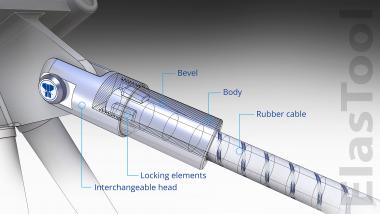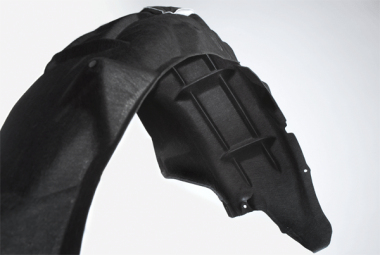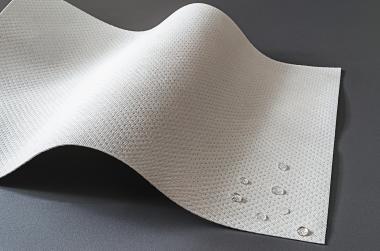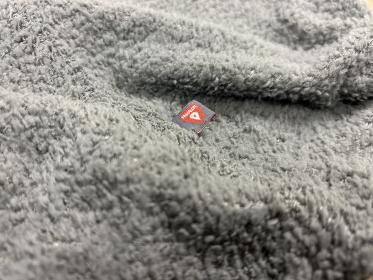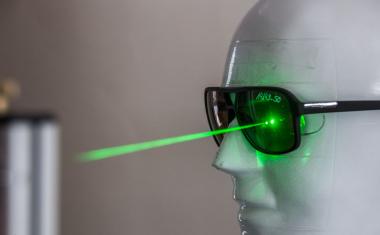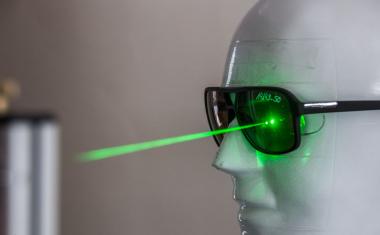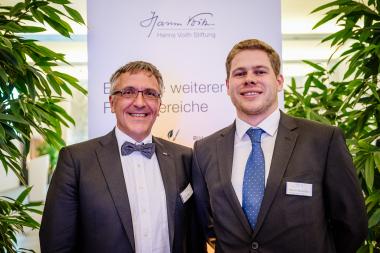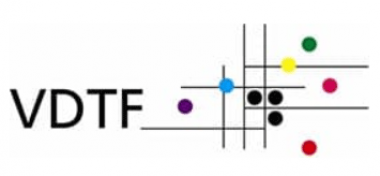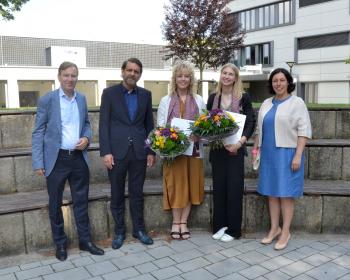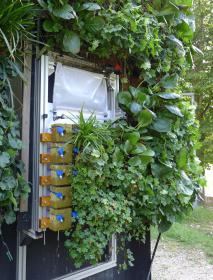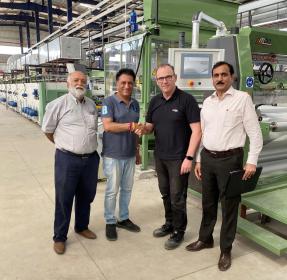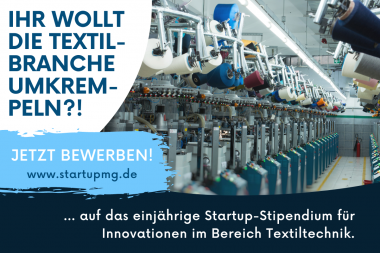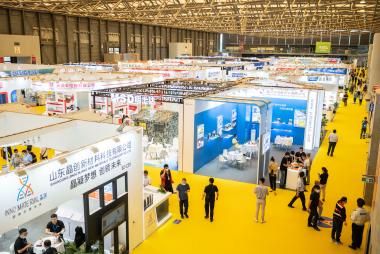JUMBO-Textil: Lubricant-free tensioning and clamping system
From mechanical engineering to the construction industry, from logistics to rescue technology – tensioning and clamping systems fulfil important tasks in a number of industries. The possible uses of technical textiles for industrial applications of this kind are manifold.
Patented and precisely configured
The ElasTool system from the elastics expert consists of a connection tool and a rubber rope connected to this tool via integrated locking elements. The stainless steel, aluminium or plastic connection tool and the rubber rope – with a thickness of between 12 and 38 mm – are each configured to fit precisely. The highlight of the patented connection solution: the more tensile force is exerted, the more the rope is jammed. Thanks to the locking system, ElasTool still provides a secure hold even when the diameter of the rubber rope narrows to up to 60 percent due to the tensile load. A crucial advantage over conventional end connections by pressing.
Economical and low maintenance
The system has further advantages: the textile solution runs quietly. Unlike clamping systems with steel cable springs, there is no creaking here. In addition, textiles, plastic and aluminium are particularly lightweight materials. ElasTool therefore saves energy. Another benefit: the connection system works without lubricating oil. While conventional tensioning and clamping solutions in industrial plants and products have to be oiled regularly, the JUMBO textile system works completely maintenance-free.
Versatile and easily interchangeable
Depending on the area of application of the ElasTool, the interchangeable head can be exchanged: Plastic hook instead of aluminium eyelet, stainless steel flange instead of aluminium hook – for example. The interchangeable head can be replaced effortlessly and without special tools.
"A lifting system in a high-bay warehouse, a trolley in a crane, damping for compressors or crash systems – these are just three of the many possible applications. We adapt the dimensions, material, force-stretch behaviour, flame retardancy – like all properties – specifically to the respective project," emphasises Carl Mrusek, Chief Sales Officer of JUMBO-Textil. "Thus, with ElasTool, we offer a safe load connection for a wide variety of applications in industry."
ElasTool from JUMBO-Textil
- Lightweight and flexible alternative to conventional tensioning and clamping systems
- Suitable even in small installation spaces
- With individual specifications and infinitely customisable dimensions
- Connection tool optionally made of plastic, aluminium or stainless steel
- Rubber rope in a thickness of 12 to 38 mm
- Rubber rope made of polyamide, polyester, recycled PES, polypropylene, aramid, Dyneema, monofilament, natural fibres
- Different interchangeable head shapes possible
- As an end connection or for coupling with other machine elements
- Tensile load up to 600 N, in individual cases more than this
- Individually configurable e.g. with hook, eyelet or flange
JUMBO-Textil


